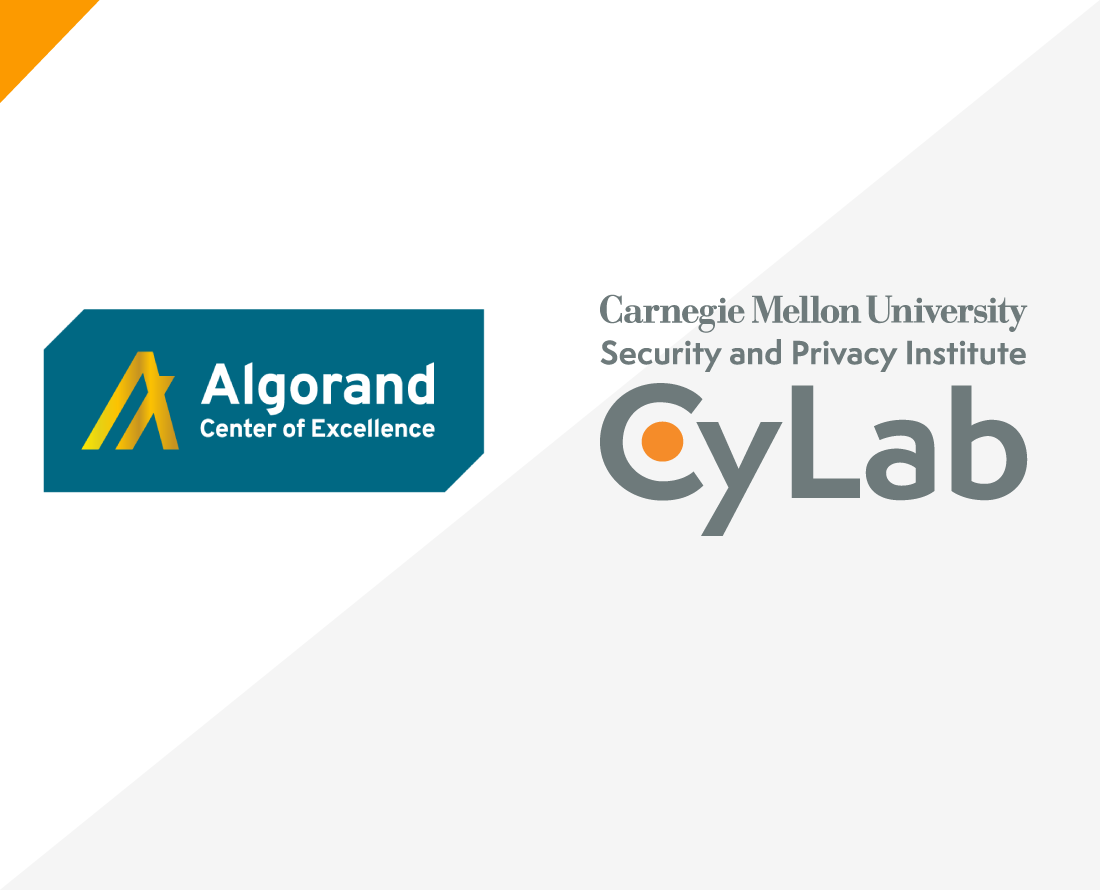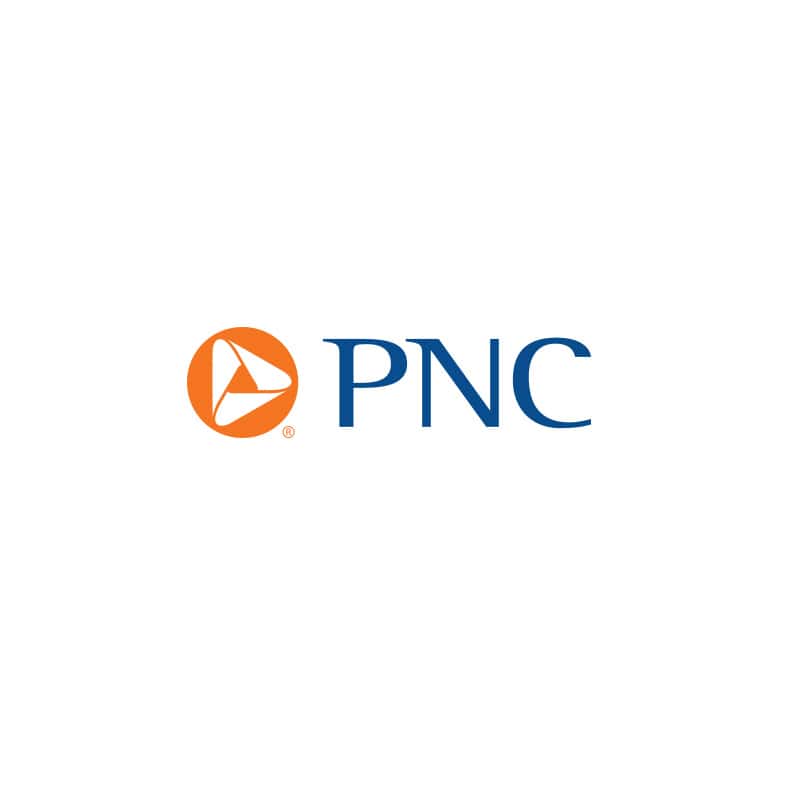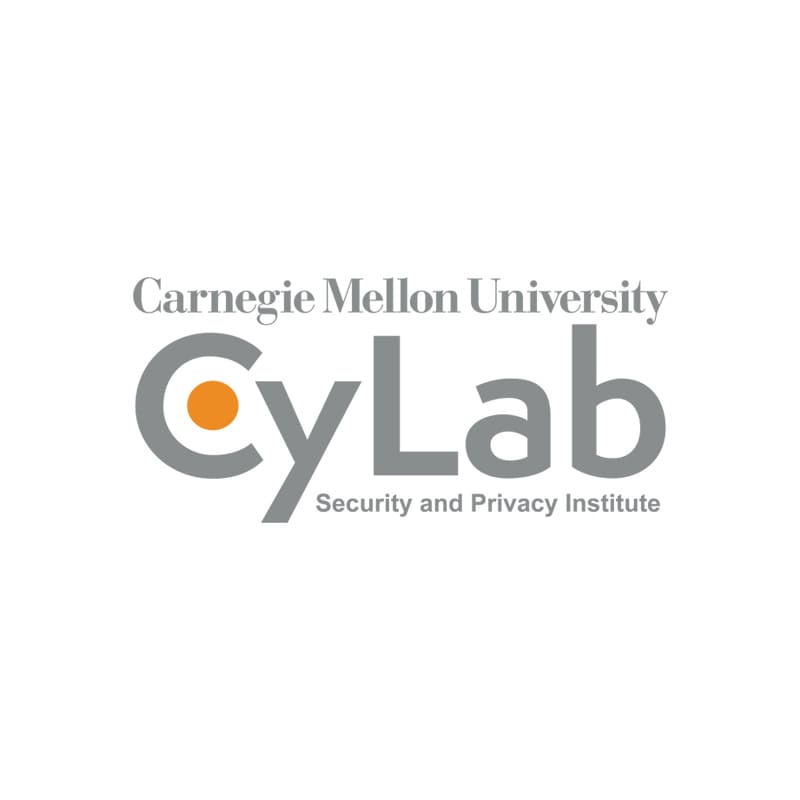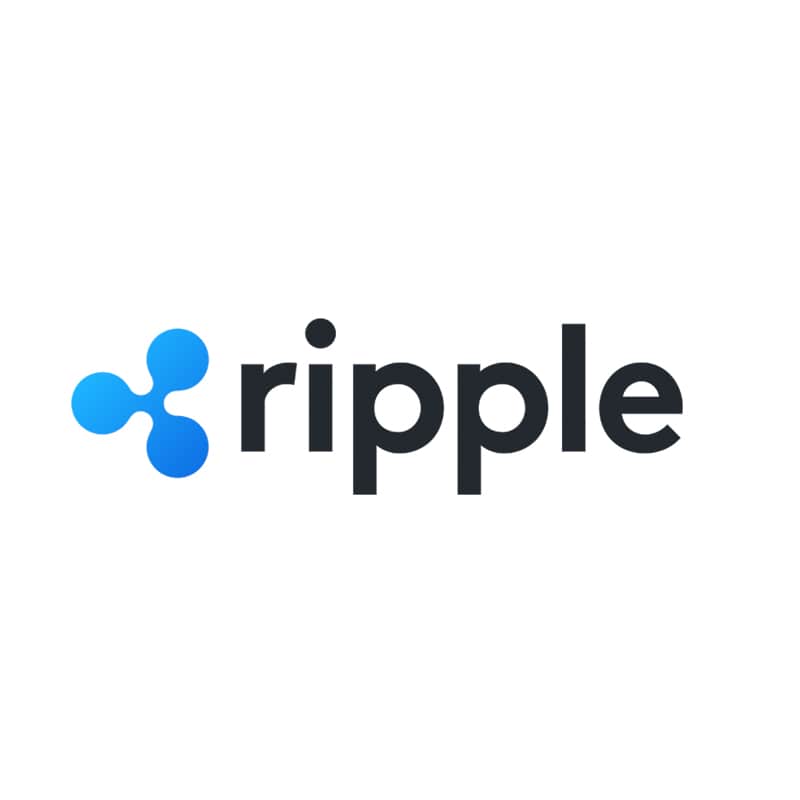
Tepper Blockchain Initiative
We established the Blockchain Initiative to foster innovations in the design, use, ethics, and regulation of decentralized, blockchain-based technologies.
Blockchain technologies and cryptocurrencies are rapidly changing financial and industrial markets and decentralizing interactions between consumers, firms, and policymakers.
The Tepper Blockchain Initiative serves as a hub for all of the Tepper School's existing thought leadership concerning blockchain technologies, including active research topics and use cases, educational content, and industry partnerships.
The initiative also seeks to further promote innovative blockchain and cryptocurrency activities by faculty, students, alumni, policymakers, and industry leaders.
Tepper Blockchain News
Algorand Foundation Selects Carnegie Mellon to Join ACE Program
The Algorand Foundation has selected Carnegie Mellon University as one of 10 global winners to join its Algorand Center of Excellence Program.
Over the next five years, Algorand's $50 million investment will support blockchain research and education hubs at each institution, aiming to grow a diverse and inclusive global community of blockchain researchers and educators.

Featured Faculty In the News

Chester Spatt
Pamela R. and Kenneth B. Dunn Professor of Finance
Yahoo Finance: "Lawmakers Grill SEC Chair Gensler on Crypto"
Yahoo Finance: "Senators Reach Agreement on Crypto Tax Reporting Rules"
Bloomberg: "Should You Pay With Bitcoin to Buy a Tesla?"

Ariel Zetlin-Jones
Associate Professor of Economics
Cointelegraph: "Actions Speak: China’s Crypto ban may Reveal Digital Yuan CBDC Goals"
MarketWatch: "Bitcoin Day' in El Salvador Ushers in the Promise and Peril of Crypto"
Cointelegraph: "Cryptocurrency Mining Under Proposed U.S. Policy Changes"

Bryan Routledge
Associate Professor of Finance
ABC News: "What To Know About ‘Stablecoins,’ the ‘Bridge’ Between Cryptocurrencies and Traditional Money"
Time: "Bitcoin Has Value Because ‘People Think It Does.’ Why That Matters for Investors"
Cointelegraph: "GBTC Premium Stays Negative, Suggests Bitcoin Price Sentiment Still Low?"
All About Blockchain Podcast
Ariel Zetlin-Jones, Associate Professor of Economics, discusses blockchain and cryptocurrency education and adoption in this podcast.
Decentralizing Trust: Blockchain's Radical Potential
The moderated panel from the inaugural INTERSECT@CMU conference featured business leaders who are influencing the adoption of blockchain applications in finance, supply chains, and healthcare.
In the Media
TechRepublic
Executive Education

Leveraging blockchain requires understanding the technology integrated with business application. Executive Education at the Tepper School works with leaders at all levels to translate the emerging research from the Blockchain Initiative into actionable business value.
Executive Education draws upon all of the colleges at Carnegie Mellon University to deliver modules and collaboration forums to better understand the technology, use cases and changes in the competitive landscape, and identify innovations to add value to organizations. This educational effort will accelerate the acceptance and use of blockchain technology and create a venue for sharing across organizations and industries.
Blockchain Education
Our faculty blockchain experts teach the latest trends to the next generation of financial leaders. From case studies to corporate partnerships and capstones, Tepper School faculty are paving the way for blockchain technologies in education.
Case Competition/Testbed: CMU Coin
The PNC Center for Financial Services Innovation supported an effort to create a cryptocurrency testbed that can be used by researchers. To this end, the center has supported the creation of a CMU-focused cryptocurrency: CMU Coin. The goal is to create a cryptocurrency that is secure, legal, focused on privacy rather than anonymity, has greener alternatives to the proof of work, and ensures continued decentralization as the coin matures.
Course: FinTech (MBA)
This course focuses on innovation in financial services facilitated by technology and the new business models that are disrupting and transforming the financial industry. By the end of the course, students will understand technologies underlying cryptocurrencies and blockchains; how smart contracts, distributed applications, and ICOs work; the impact of blockchain-related technologies on the financial services sector; and the technologies behind digital and mobile payments, and their impact on banking. They will also understand peer-to-peer lending and how it impacts financial intermediaries, how machine learning can be used in fintech and insurtech, and the investment and operations models of robo advising. Instructors: Bryan Routledge, Param Singh
Course: FinTech (Undergraduate)
The course complements the domain knowledge from finance courses with knowledge of financial technologies and applications. By the end of the course, students will understand technologies underlying cryptocurrencies and blockchains; how smart contracts, distributed applications, and ICOs work; the impact of blockchain-related technologies on financial services sector; and how machine learning and AI can be used in finance. Students will gain hands-on experience with technologies such as TradeStation and Ethereum. Using TradeStation, students will learn algorithmic trading strategies, the fundamentals of how to design such strategies, how to automate them, how to back test them, how to optimize them, and how to execute them. In this course, students will develop and execute trading strategies on a real stock exchange. Instructor: Nikhil Mahlik
Course: Financial Crisis and Risk (Undergraduate)
This course provides an in-depth examination of the causes of financial crises as well as what governments can do to prevent them or at least reduce their cost. The course is designed to provide an understanding of individual attitudes toward risk and individual decision-making about savings and investment under uncertainty, and to use this understanding to evaluate the various economic roles played by financial institutions in helping individuals manage risk, especially those roles which may lead to economic instability and crises. In addition, the course covers bubbles and swindles; the role of information in banking in normal times and in bank runs; and the extensive history of attempts to improve regulation so as to reduce the frequency and cost of crises. The course concludes with an in-depth discussion of how recent technological innovations — blockchain technologies and their associated cryptocurrencies — may reshape existing financial markets. Instructor: Ariel Zetlin-Jones
Course: Global Economics (MBA)
This class uses the tools of open economy macroeconomics to explore how business impacts and is impacted by the economic environment in which it operates. It equips students with the analytical skills to analyze economic data and understand its implications for economic growth, business cycles, employment and unemployment, inflation and deflation, monetary policy and interest rates, international trade and capital flows, and foreign exchange rates. The tools and approach developed in the course are deployed to analyze key trends that are reshaping and disrupting the global economy, including the impact of the digital economy on production, of automation on the displacement of workers, and of cryptocurrencies on financial markets. Instructor: Sevin Yeltekin
MBA Blockchain Capstone Project
Building on Local Trust (BoLT) is a blockchain exchange system designed to create liquidity and increase capital for small businesses by enabling consumers to make loans to local merchants and then trade these loans among themselves before redeeming them at other local merchants. To implement BoLT in any community, however, a central question must be addressed: How should the system manage consumers’ portfolios of merchant credits? Tepper MBA students set out to understand how to develop a lending platform to improve our local community in the midst of hardship like a pandemic and create a framework for moving forward.





